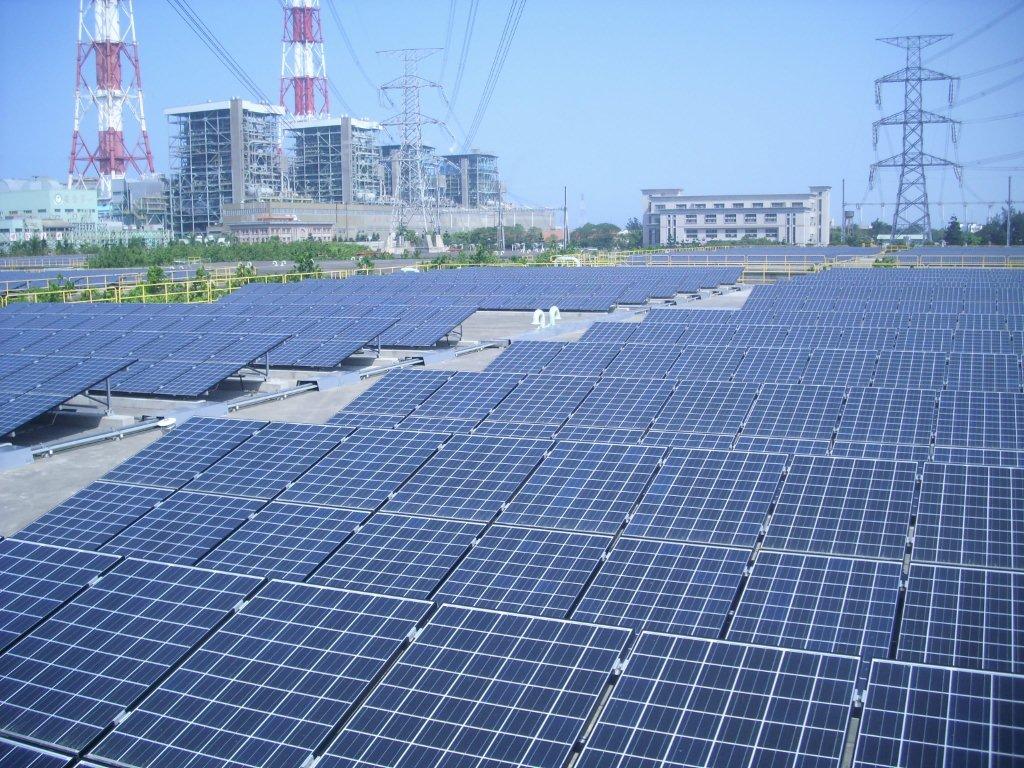China’s 31/5 policy turnabout has caused a long series of chain reactions in the global solar energy industry, including raised hopes of project developers, who see more bankable power plants in the future thanks to lower panel prices; and PV manufacturers being threatened by a flood of cheaper Chinese modules.
The most visible consequences of this move are currently occuring in Taiwan, with the PV industry in a serious consolidation phase, which will be difficult to reverse.
While three of the country's major solar cell makers – Neo Solar Power, Gintech and Solartech – appear to have anticipated the increasingly competitive marketplace, having announced almost a year ago intentions to merge into a single entity, UREC, other manufacturers, like Motech Industries and Sino-American Silicon, do not seem to have a found a solution, thus far.
Indeed, Motech said on Monday in a filing to the Taiwanese Stock Exchange that, due to the rapidly changed and uncertain market situation, it intends now to improve competitiveness and production efficiency through a production allocation plan.
This translates into laying off 300 foreign production workers in advance, while also “adjusting and reallocating production capacity and resources promptly in response to the severe volatility in solar industry.” The company did not say however, by how much it will reduce its production capacity.
According to IHS Markit, at the end of 2017, the Taiwanese cell producer had an annual production capacity of around 4.1 GW. According to its Q1 2018 financial report, however, its cell production capacity as of the end of March was 3.6 GW, 1.7 GW of which is located in China (compared to the 1.6 GW in Q4, 2017). In mid-August, the company shut down its production line in Suzhou, China, due to “environmental” issues, and in response to “industry market needs”.
Popular content
Taiwanese portal Digitimes has also revealed that Taiwan-based wafer manufacturer, Sino-American Silicon Products Inc.(SAS) is considering exiting the wafer business if “there are no breakthroughs in technology or demand in the coming two years.”
According to the article, which cites several statements from the company’s CEO, Mk Lu, Taiwanese producers are having financial troubles embracing n-type Heterojunction Intrinsic Thin Film (HIT) technology and, consequently, are not able to remain competitive. The company’s wafer business, Lu told Digitimes, is expected to see sales drop by 15% this year, and to further fall in 2019.
According to its financial results for the first half of this year, SAS' total revenue increased by 23.9% to NT$34.2 billion (around US$1.1 billion). In early June, when the company announced its intention to invest more resources in the semiconductor business, it also said it was seeking to cautiously manage its solar business, while aggressively working on solar power plant construction in cooperation with partners from various industries.
“SAS also enthusiastically extends its strategic deployment in critical supply chain of semiconductor industry, not only aiming to maximize group synergy but also to minimize possible impact upon SAS from the volatile solar market,” the company announced in its statement.
The wafer maker blamed China's new PV subsidy policy, and the U.S.-China trade war for the difficult situation of its solar business.
This content is protected by copyright and may not be reused. If you want to cooperate with us and would like to reuse some of our content, please contact: editors@pv-magazine.com.



By submitting this form you agree to pv magazine using your data for the purposes of publishing your comment.
Your personal data will only be disclosed or otherwise transmitted to third parties for the purposes of spam filtering or if this is necessary for technical maintenance of the website. Any other transfer to third parties will not take place unless this is justified on the basis of applicable data protection regulations or if pv magazine is legally obliged to do so.
You may revoke this consent at any time with effect for the future, in which case your personal data will be deleted immediately. Otherwise, your data will be deleted if pv magazine has processed your request or the purpose of data storage is fulfilled.
Further information on data privacy can be found in our Data Protection Policy.